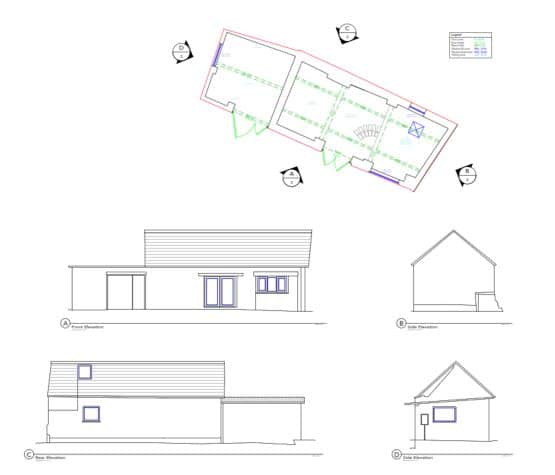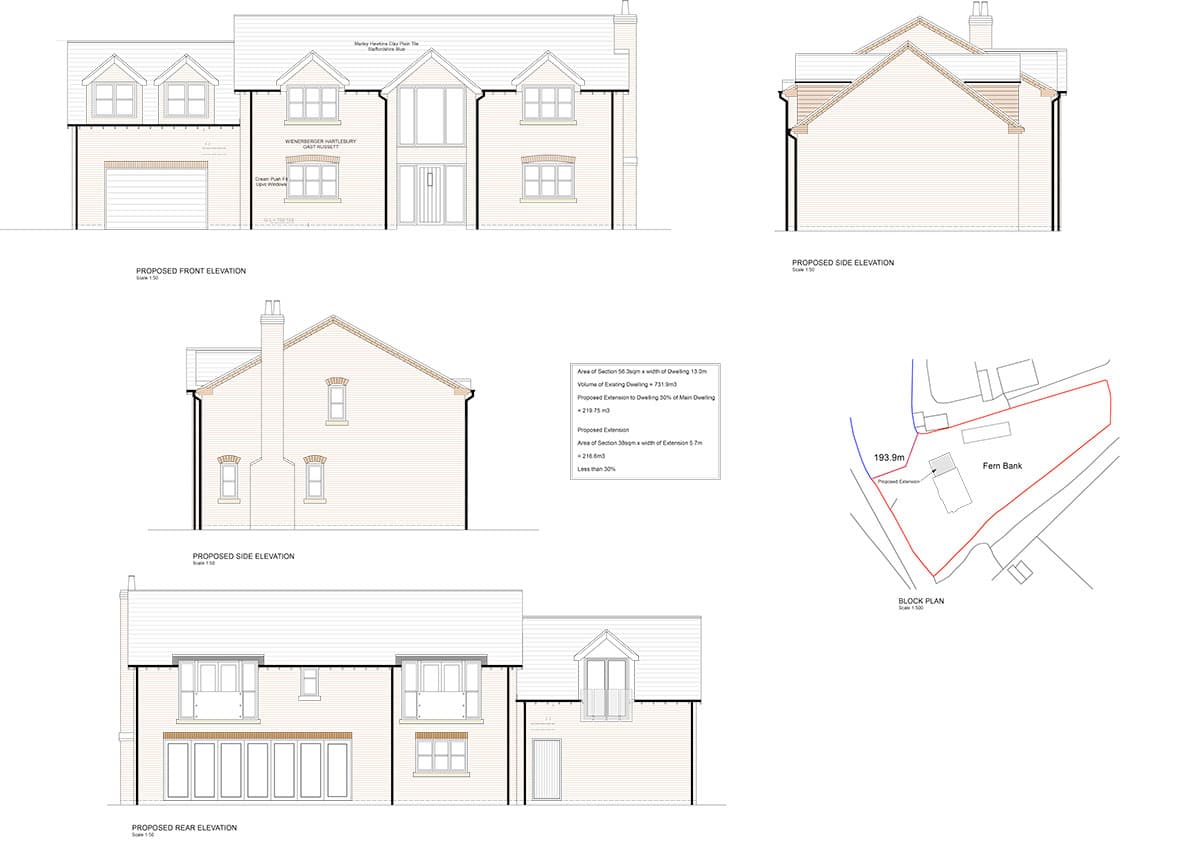Levelling and regeneration bill

How long after development can enforcement action be taken if it breaches planning rules? CT Planning’s Chris Timothy looks at the current legislation – and what could change.
The Levelling Up and Regeneration Bill proposes changes to the time limits for taking enforcement action for breaches of planning control.
As it stands, section 171B of the Town and Country Planning Act 1990 means that, in most cases, development becomes immune from enforcement if no action is taken within the following time limits:
- Operational development (building, engineering, mining or other operations) – four years, from the date on which the operations were substantially complete.
- Unauthorised change of use of any building to use as a single dwelling – four years, beginning with the date of the breach.
- Any other breach of planning control, including other changes of use and breaches of condition – ten years, beginning with the date of the breach.
However, those time limits do not prevent enforcement action later on in certain circumstances. Where there has been a deliberate concealment of a breach of planning controls, LPAs (local planning authorities) may apply for an order that allows them to act after the usual time limits have expired.
The courts have found that the clock does not start ticking in such cases until the breach has been discovered.
Enforcement may also occur after the usual time limits under the ‘second bite’ provision; where earlier enforcement action has been taken, within the relevant time-limit, but has later proved to be defective.
The big change – a ten-year limit
The Levelling Up and Regeneration Bill proposes a change to the enforcement time limits in England (but not in Wales) to ten years, for all breaches of planning control.
Does it affect you?
If you have a property where there is unlawful operational development that has not already become immune from enforcement action, you may want to consider making an application for a Certificate of Lawful Existing Use as soon as the current four- year immunity period has expired.
Other changes
The Bill also introduces ‘Enforcement Warning Notices’, a new type of notice that an LPA could use where it thinks there has been a breach of planning control, but where there is a reasonable prospect of it granting planning permission.
These would set out that further enforcement may be taken, if a planning application is not made within a set time period.
Such notices would formalise the current mechanism where LPAs encourage the submission of planning applications to regularise minor or technical breaches of planning control.
However, unlike the current situation, where landowners may often take no action in response to minor or technical breaches of planning control, knowing enforcement action is highly unlikely, Enforcement Warning Notices are expected to have teeth to them and to require a subsequent application.
Listed buildings
The Levelling Up and Regeneration Bill also includes proposals to enable Temporary Stop Notices to be served where the LPA considers that works are being done to a listed building which require listed building consent and need to be stopped immediately.
Find out more about the services offered by CT Planning by calling 01543 418 779 or emailing [email protected]
Planning consultants can advise on the preparation and submission of:
- Planning applications
- Planning Appeals
- Listed building consents
- Discharge of Planning Conditions
recent planning permission projects





